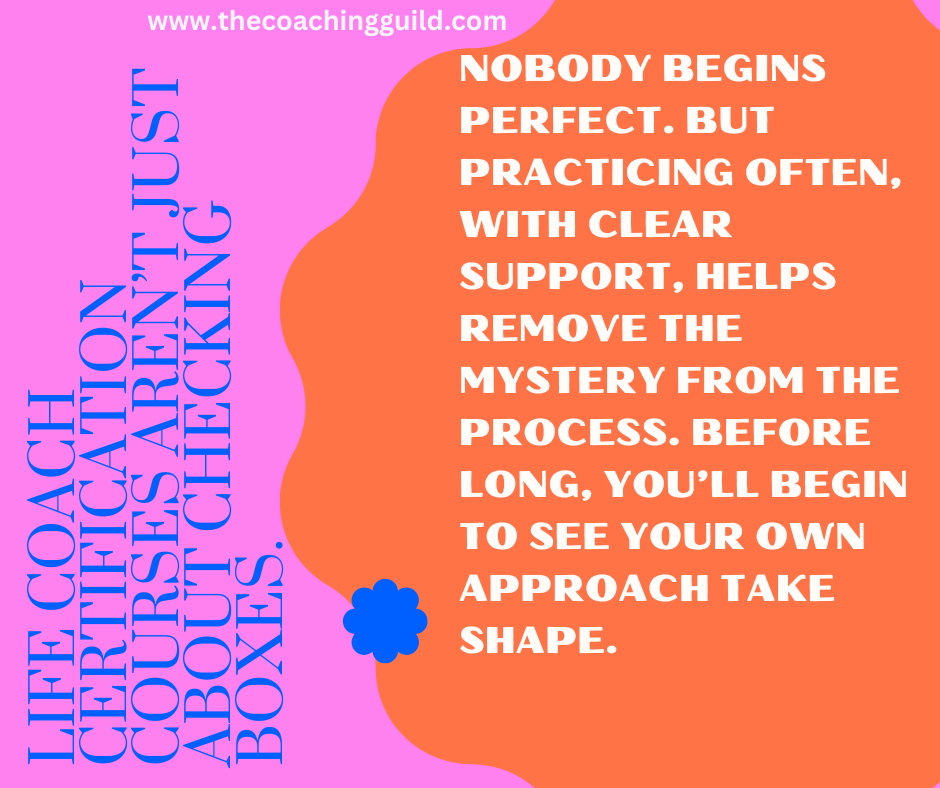Coaching By the Actual Income Numbers
Not the hyped up wishing thinking marketing smoke and mirrors numbers
If you’re wondering if you can make a living as a coach, the honest answer is somewhere between maybe and absolutely. There is a lot of territory between those two answers. So, let’s talk real numbers –
but before we do, we need to acknowledge the dirty workings of the Coach 2 Coach marketing machine that likes to brag about short work days, lavish vacations, and massive profits.
As a coach with two decades of experience in this industry, I make really good money. I work relatively short work days, four days a week. However, the part of that sentence some might want to skim over is that “two decades” tidbit. Too many programs, both coach training and marketing related, either directly promise or heavily hint at massive hourly rates and shiny lifestyles fueled solely by the audacity to “charge what you’re worth.”
For the record, the whole “charge what you’re worth” thing is nebulous nonsense. Too many coaches die on that hill of smoke and mirrors bullshit.
Building a practice that reliably puts enough clients on your calendar takes time and dedication.
Both training and experience (life experience and client experience) impact income in ways get rich quick programs cannot by-pass.
A lot of coaches fail.
A few coaches get super-rich.
Some coaches make a lot of money early in their career but then progressively make less and less because the marketing tactics they used initially are not sustainable.
Most coaches make a very comfortable living doing work they love, having total control over their schedules, and reporting to no one.
Here are the real, no hype numbers:
According to the International Coaching Federation, a typical life coach in North America makes $62,500 with an average hourly rate of $244.00 and 11.7 clients per week, on average twelve client hours per week.
Working coaches with sustainable practices spend approximately 40% of their time on marketing or community-building activities. They also allow and invest in consistent administrative hours for their business. That twelve client hours a week only tells part of the story – the rest of the story will predict your success or failure.
Years in practice and your niche will significantly impact your potential hourly rate. The average hourly fee for coaches with less than a year of experience in the United States is $130. Many new coaches set their initial rates between $50 to $75 per hour. The average for practitioners with more than ten years in the field is $300.
It is not uncommon to see rates for seasoned coaches much higher than that. Corporate and business coaches usually earn higher rates than generalized life coaches because the company often foots the bill for those services vs. an individual who pays for coaching.
You can only barter time for dollars for so long before you hit an energy and income ceiling. Most coaches making a consistent and sustainable income will develop multiple revenue streams within their business like membership groups, service packages, and product sales.
On average, Life Coaches out-earn other professions like:
- Marriage and Family Therapist = $50,090
- Human Resource Specialist = $48,410
- Fitness Trainer = $57,370
- Real Estate Sales Agent = $56,290
In many ways deciding to be a coach is a choose your own adventure kind of game. There are infinite ways to make or not make money. However, when you look at the actual data, making it as a coach and making money is a doable thing, and many people succeed. It’s not a long-shot if you’re willing to put in a realistic amount of time and effort to get there. This is not my opinion; it’s just a fact.
If you are a dreamer, artist, creative, rebel, outsider, or good-trouble-maker who wants to change the world one client at a time, check out The Coaching Guild. We can help you close the gaps to getting where you want to be as a thriving, skilled, successful coach.


